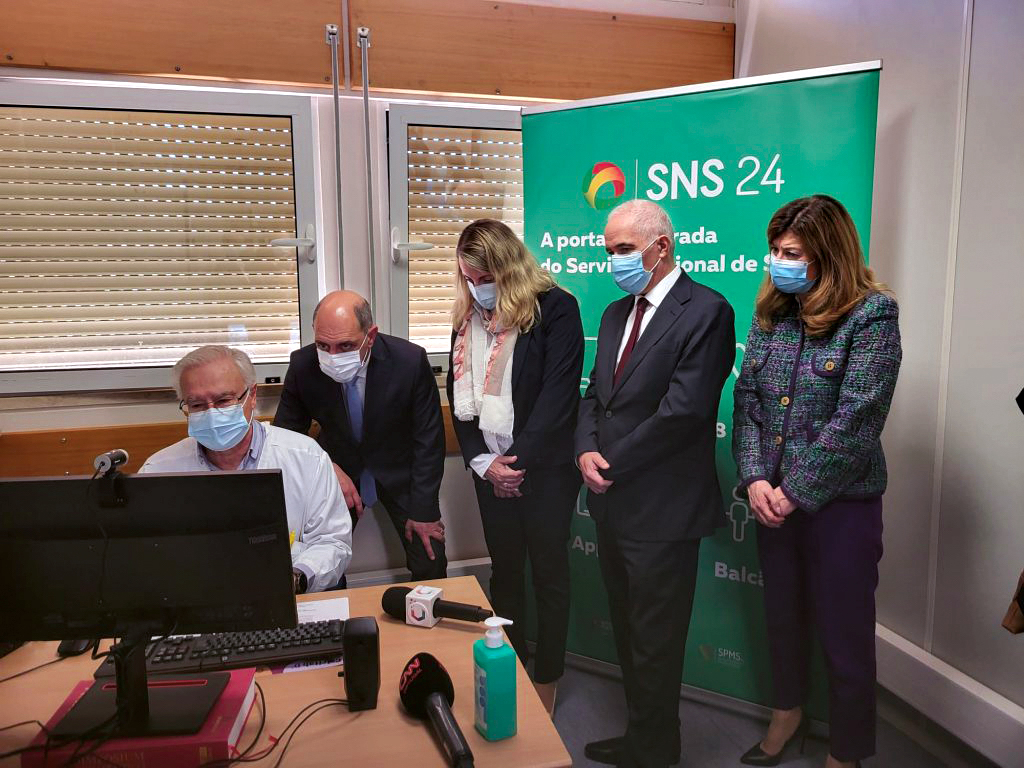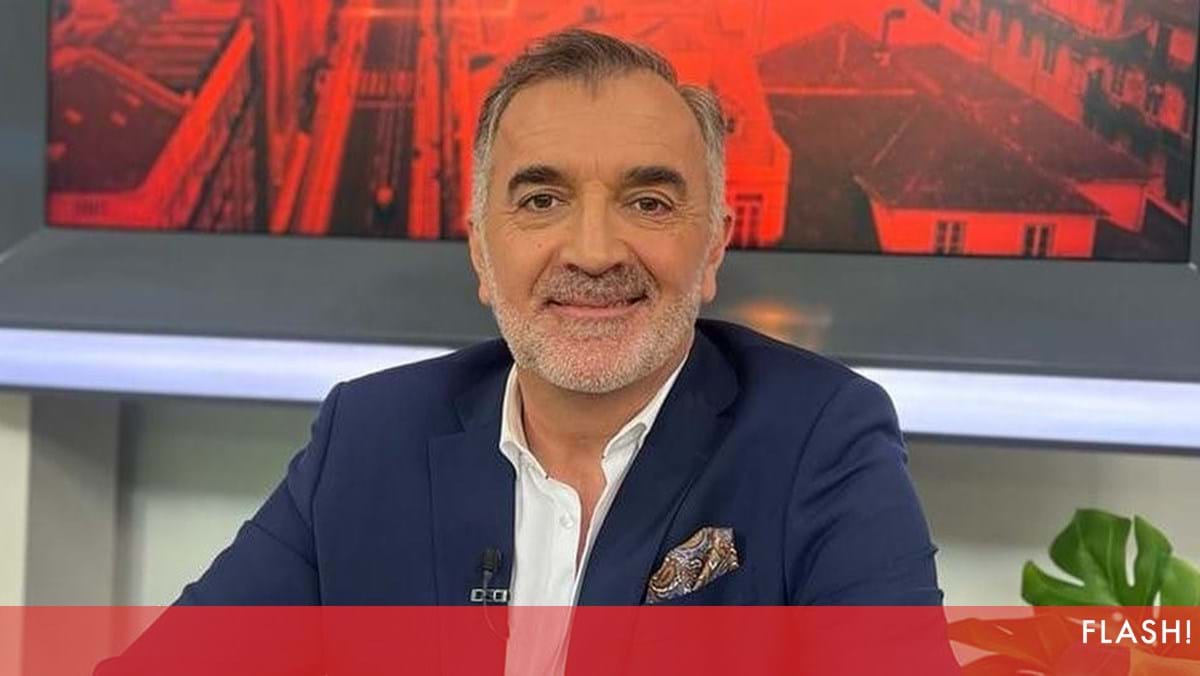On Wednesday, the Minister of Health highlighted the National Health Service (SNS) response to the pandemic, on the eve of the date which marks the third year after the first cases of covid-19 in the country, allowing for “days of normalcy”. .
We celebrate tomorrow [quinta-feira] Third anniversary of the day the first two patients with covid-19 were diagnosed in Portugal. The truth is, we have overcome the pandemic. The epidemic is not over yet – a doctor and the Minister of Health [deve] Speak wisely – the end of the pandemic has not been announced, but the truth is that today we are living normal days that we have not seen in recent years, ”said Manuel Pizarro.
The Minister was speaking in Faro, during a visit to the local facilities of the National Institute for Medical Emergencies (INEM), within the scope of the “closer government” action, which took place on Wednesday and Thursday in the Faro region, with nearly 60 initiatives and the presence of a number of members of the executive branch.
“It was a period of tremendous effort for the SNS, which proved to be a great public service in the service of the Portuguese and endured throughout this period and was able to respond to the needs of the people,” said the official.
Pizarro noted that “even compared to countries with better economic indicators in Europe”, SNS “has proven to be a great public service”, recognizing that this “was done at the cost of many sacrifices and also many sacrifices by health professionals”.
“Thus, today we have to be particularly careful to restore working conditions and peace of mind for health professionals. I care a lot about this task, as it is a fundamental one. The most important thing in the SNS is its specialists,” the minister emphasized.
Partial centralization of emergencies for some specialties at certain times
Manuel Pizarro was once again questioned about the emergency reorganization model that should be introduced in the short term, considering it “essential” to operate “with quality and security”.
“People need to know that when they go to the emergency room they can be treated as well, safely and as comfortably as possible. We would like the network to be as close as possible, but there is a limitation in this: the availability of professionals,” he admitted.
According to the Minister of Health, in the Greater Lisbon Region and the Setubal Peninsula, “experiments that have already been successful in other regions of the country in the partial centralization of emergencies in certain specialties can be imported at certain times”, provided that the population is informed that “they know exactly where they are going.” all the time”.
“This is not a one-day process. In places where this is already working, it also took time, but after years there has been general satisfaction, both from residents and professionals, with this model of centralization of certain disciplines,” said the official, refusing to have the closure at Final share for some services.
After visiting INEM’s facilities in the Algarve, Manuel Pizarro confirmed that the means available for medical emergencies in the region had “gradually increased”.
“We, at the moment, between INEM’s own means and the dedicated INEM fire brigade means, have 42 permanent means and this number is increasing at the peak of increasing demand. I can admit that in specific cases, though, it is difficult to respond to the demand in the Algarve, because We have several times a year with more than double the population, which may cause restrictions,” he said.
As part of the “closest government” action in the Faro region, among other initiatives, this Wednesday the Minister of Health inaugurated a teleconsultation service between Faro Hospital, Faro Prison and Ualg Tech Clinical Simulation Center Health, Dr.

“Writer. Analyst. Avid travel maven. Devoted twitter guru. Unapologetic pop culture expert. General zombie enthusiast.”

